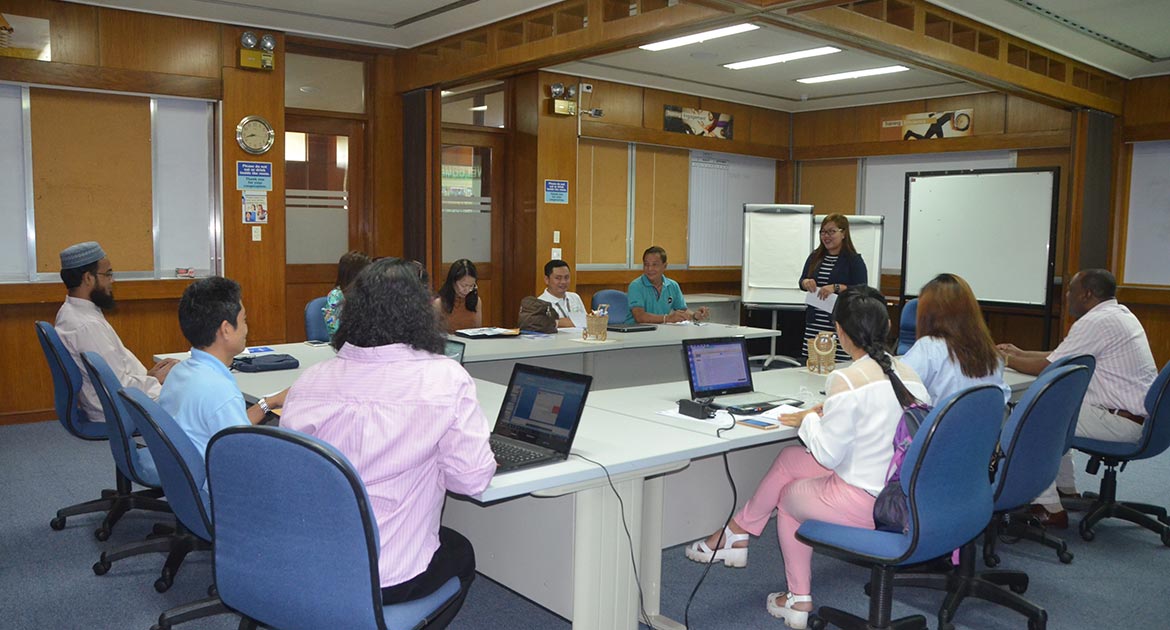In this new century, because of reduction in research and development (R&D) budgets, program/project managers, scientists, and researchers in public / private institutions are confronted with new demands and challenges: They are constantly being requested by their donors and governments to make their R&D more relevant to beneficiaries (producers and consumers), to take on new research priorities that will help in poverty and hunger alleviation, and to be more accountable for their use of resources. These managers, scientists, and researchers must have good M&E system and information at their fingertips that they can use when making decisions and setting priorities. They must also be able to provide timely reports showing how scarce resources have been allocated, what research programs they are involved in, and what impact their R&D outputs have had on beneficiaries. This calls for an efficient and effective training on monitoring and evaluation theories, concepts and systems. This one week training course is targeted at M&E practitioners, project/program managers, scientists, researchers and database managers. It seeks to enhance participants understanding of M&E with the view to improving implementation, decision-making, and management capacities through learning and action.
Objectives
- To enhance participants understanding of M&E theory, concepts, methods and tools
- To enable participants develop knowledge and skills to monitor and evaluate programs/projects.
- To train participants on how to use outputs and outcomes (aggregate results) from MIS database in making better management decisions.
Key Modules
- Introduction to Results-Based Monitoring and Evaluation
- Program Theory of Change and Impact Pathways
- Using a Results Framework Model to Describe Your Program
- Constructing indicators and formulating M&E questions
- Developing and implementing M&E plans
- Data collection and constructing data collection instruments (quantitative and qualitative)
- Deciding on the sampling strategy
- Data quality and analysis in STATA and SPSS
- Data Management: Introduction to GRiSP MIS database
- Gender disaggregated data in M&E
- Case Studies on M&E
- Designing and implementing Ex-ante and Ex-post Impact Evaluation
- Writing and presenting M&E Reports
Expected Outcome
- Improved understanding of M&E theory, concepts, methods and tools among participants
- Increased knowledge and skills of participants to monitor and evaluate projects/programs.
- Increased motivation of program/project Managers to use outputs and outcomes (aggregate reports) from MIS database in making better management decisions
Methodology
- Key training methods to be used in this workshop will include lectures, group discussion and presentations, hands-on exercises and case studies. Participants are encouraged to come with case studies on M&E to share and to be used as material for practice.


